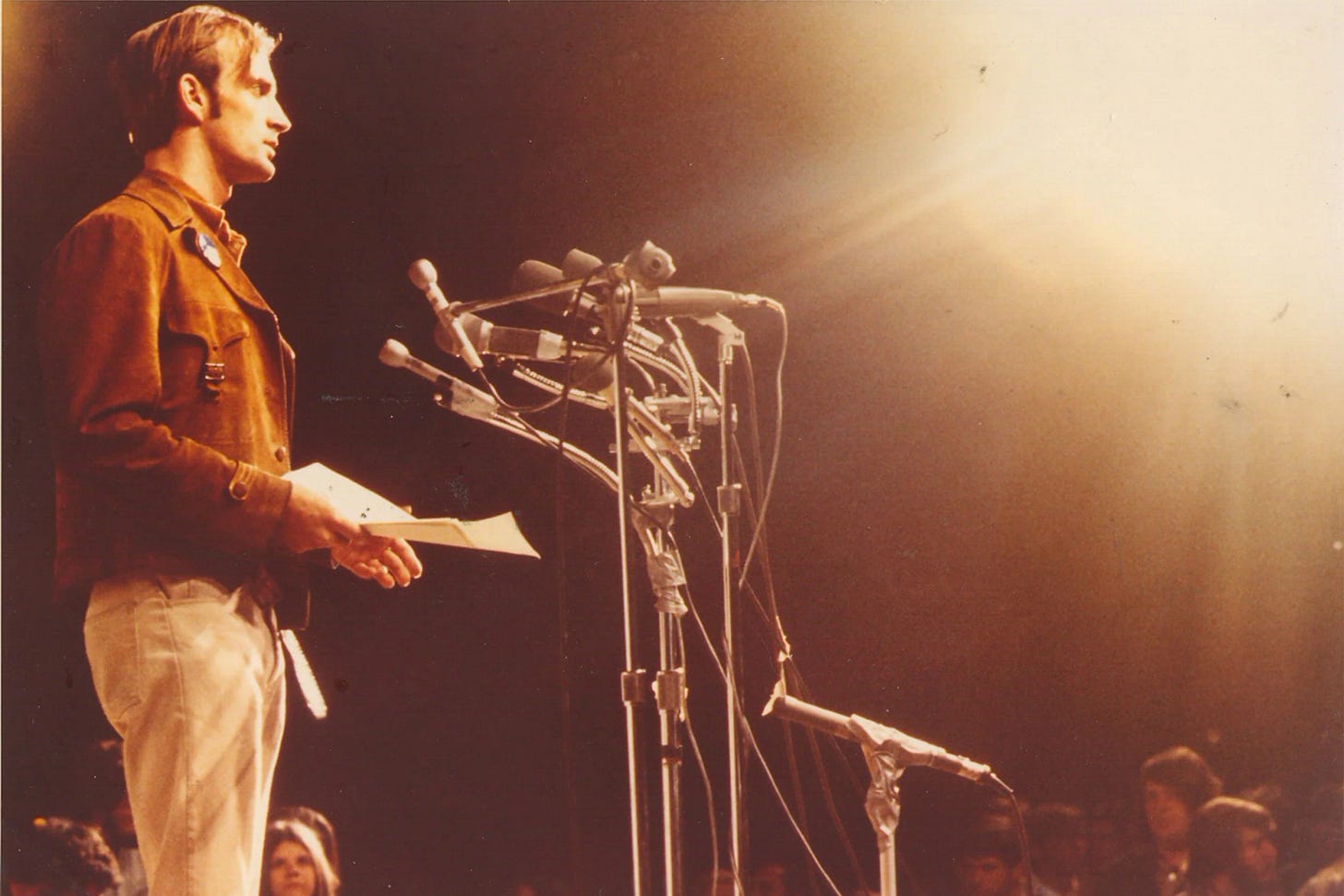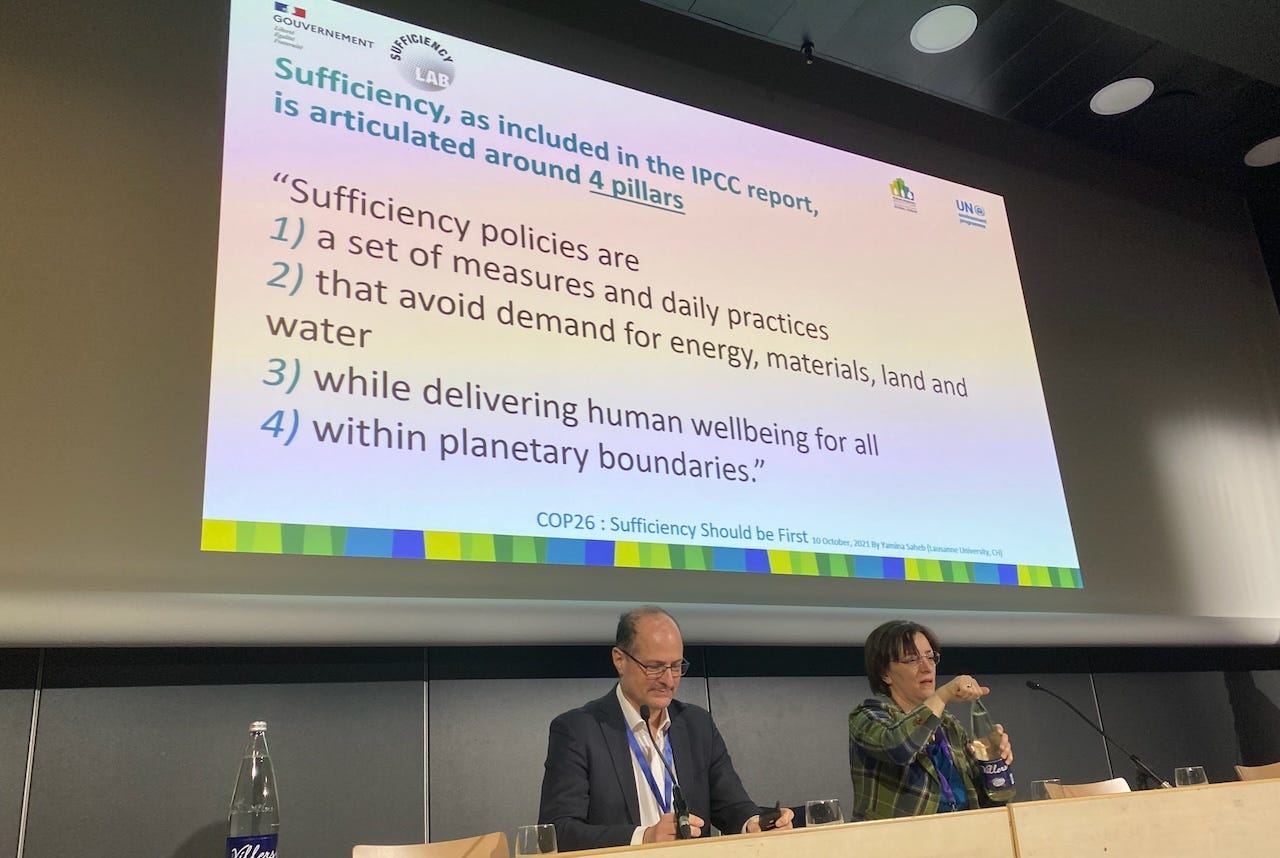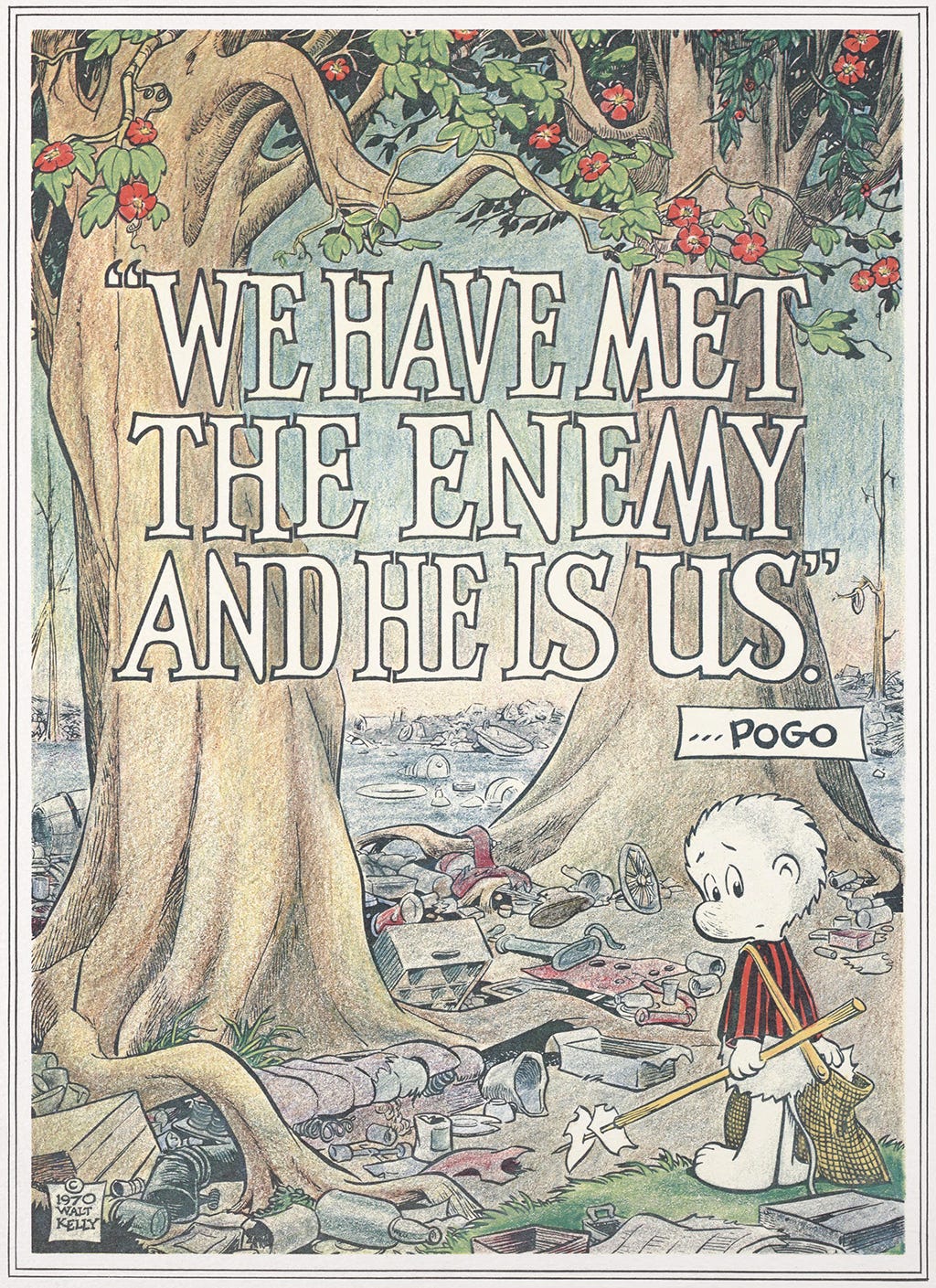It's Earth Day, and thank you, Denis Hayes
He suggests that “nobody will agree with everything” that I write. We certainly saw that with my last post!
A young Denis Hayes dropped out of Harvard to become the principal organizer and national coordinator of the first Earth Day on April 22, 1970. He tells the Harvard Gazette:
One of the most important things — I think the most important thing — that Earth Day did was to take all of those different threads and weave them together into this fabric of modern environmentalism, to help them understand that they were operating from similar sets of values and then that they could support one another and be much stronger as a whole than they were individually. I remember this one passionate conversation with the then-president of the Audubon Society. He basically said, “What the hell does clean air have to do with birds?” After Earth Day, nobody would say something that absurd.
Hayes returned to school, became a lawyer working on environmental issues, and now heads the Bullitt Foundation in Seattle. (I looked at the Bullitt Center here on the last Earth Day) I disagree with the last sentence in the quote; people are still saying things that are that absurd. Earth Day isn’t quite the force that it used to be, but Denis Hayes and Earth Day changed the way we think of environmentalism, and these days, at the Bullitt Center, he continues to change the way we think of buildings. It is the appropriate day to thank him for both.
I also want to thank him for graciously contributing a blurb for my new book, The Story of Upfront Carbon:
Lloyd Alter is the most thoughtful, creative, funny, lucid provocative person writing today about design. Probably nobody will agree with everything in this book. But every reader will learn much that is fresh and important.
That line about “nobody will agree with everything” resonated as I read the comments to my recent post: Stop blaming 57 companies for greenhouse gas emissions and look in the mirror. It seemed that almost nobody agreed with it; at the time of writing this, I am up to 63 comments here and on Linkedin, nearly all negative, “This is the type of piece I would expect a payment from Oil Barons or Global Oligarchs to do.” or “surprised to see you Lloyd stand up for the corporations.”
Looking back at the post, I see why many suggest that I am blaming the victim when I write, “The problem is us, buying what they are selling. It’s the choices we make, the way we live, the things we buy, and the politicians we elect.”
Commenter Geoff responded:
I couldn't disagree with you more. I really feel like you're going backwards on this one. Backwards into victim blaming. Fossil fuel companies spend billions and billions of dollars every year lobbying governments, advertising their wares, and tilting all the tables in their direction. I've long been frustrated by the whole "If everyone did this" approach. You are never going to get a supermajority of people to get on board with anything so that is not the path to follow.”
I am frustrated, too. I had just returned to a country where everything is going backward; there are more giant pickup trucks on my street, more pro-oil politicians are getting elected to build more highways and sprawl, burn more gas and axe the carbon tax credit that puts money into my pocket every month. I did not consider it victim blaming because we are not victims; it seems that the supermajority of us are willing co-conspirators. Wayne complains that it is not so simple:
“It is a system, and most of us are trapped in that system and very few are making a legitimate effort to change that system. Governments, corporations, and consumers are all to blame. My main complaint about your approach is that it does not admit clearly there are players in this system actively working to prevent any systemic change and most of these are corporate who are buying their politicians.”
I got some support from Arthur:
I have been repeating like a mantra to anyone who will listen that the real people driving the planet over a cliff can be found staring back at us from our mirrors. As far as I can tell it is not doing much good even within my own circle never mind on a planetary scale. We are all remarkably adept at coming up with excuses for why we need another SUV or why we can’t possibly get by using public transit, or why we need 3000 or 5000 sqft of heated and cooled living space for two people or another vacation in Mexico or tropical fruit in Northern Europe in January or to leave the lights on all night or to water our lawn or …
I keep saying we have to work the demand side, and my usual critics asked, “And what is your strategy for that?” They raise an important question: how do we stop buying what the oil companies are selling when we are so dependent on it? I have written about this many times in my posts and books, but I should have put it in the previous post. In summary:
It’s a classic supply-and-demand situation: Nation-states and entities are not going to stop selling, so we have to stop buying. How can we do that? With the three legs of the SER Framework.
We can replace fossil fuels with renewables. Energy does not equal carbon; we can have energy and wealth with reduced carbon emissions, thanks to wonderful technological advances in cheap solar, wind, wires, and batteries, along with hydro and nuclear.
We can increase efficiency. As Dr. Wolfgang Feist, co-founder of the Passive House Movement, noted in comments, “Using a lot of energy for feeling comfortable is just wasting energy with inefficient technology.”
Finally, there is the question of sufficiency, about how much we really need. This is the inescapable conclusion from all of my writing and teaching. My usual critics are out in force here, complaining that I am suggesting that people should freeze in the dark to reduce carbon emissions. “What is that miniscule percentage of people that DESIRE to be poor and destitute compared to those that desire a better and more comfortable life for themselves and their families?" It’s a false equivalence, and I am tired of it. Studies show that happiness and comfort are not proportional to energy consumption. From a personal perspective:
I am not poorer because I drive an e-bike instead of a pickup truck. I am richer and healthier.
I am not poorer or less comfortable because I downsized. I am richer because I pay a lot less for upkeep and operating expenses.
I am not poorer because we don’t eat food that’s shipped all around the world. I am richer because seasonal food is cheaper and tastes better. I will eat asparagus and strawberries in their time.
Dr. Feist is not poorer because he lives in a properly built and insulated house. He pays US$ 256 per YEAR to heat it. And he is a lot more comfortable, too.
Sufficiency is a tough sell in a world full of ads encouraging convenience and consumption, not to mention corporations and politicians. It has ever been thus; Marketing consultant Victor Lebow told Vance Packard in 1960:
Our enormously productive economy… demands that we make consumption our way of life, that we convert the buying and use of goods into rituals, that we seek our spiritual satisfactions, our ego satisfactions, in consumption.... We need things consumed, burned up, worn out, replaced, and discarded at an ever-increasing rate.
But much of it is made from or runs on fossil fuels. Everything we buy has a price in upfront and operating carbon. We don’t have to freeze in the dark, but we have to use less stuff.
My last post was a reaction to the Guardian and the Carbon Majors Report, which blamed the supply side, the oil companies, for everything. However, I believe that there’s lots of blame to go around. This is not an original thought; Walt Kelly made this poster for the first Earth Day, and I still believe it to be true.





To be clear, Lloyd, I am FULLY on board with the concept of sufficiency.
A bit about me for context. I'm 60. My average annual income from age 18 to present is well under $20k. Likely close to $15k. It did not cross the $10k line till I was past the age of 50. I've never been in debt. I've never been homeless. I've never wanted for food. I've had a rich life. (And no, I'm not a trust fund baby!)
Up until my mid 40's, I really believed that the problem was us (individually) and that I couldn't be critical if I didn't walk my talk 110%. I've done almost a full 180 from that position in the past 15 years. Yes, we still have some responsibility as individuals but I firmly believe that the vast majority of the problem is systemic and not solvable by individuals.
However...
It has been driving me a little crazy as of late that it is so difficult to push for cultural change. I think cultural change is a better way to think about individual change. Any one of us or even a lot of "one of us's" (no idea how the hell to spell that!) Is not going to move the dial. But a lot of us's will. So yeah, cultural change. And the pushback against that is so strong and angry. As you point out here, the false equivalencies are ridiculous. As if there is nothing between living in a mansion and living in a hole in the ground wearing a hair shirt. It's just ridiculous! I have no problem with the idea of some people living in a big house and some people living in small apartments. However, NOONE should be living on the street and NOONE should be living in a mansion! There's no room in my world for billionaires. And just say that today in our culture gets you labeled as a communist, libtard, woke whatever. Even our governments won't talk about it.
This was super long-winded but I just want to say thanks for pushing sufficiency but at the same time, let's keep the pressure on the rich m'kay?
Oh, if more people could understand the difference between wealth and prosperity. One can have a better life with an e-bike than bearing all the costs and consumption of an SUV.